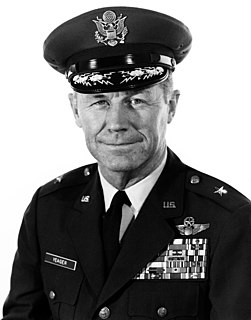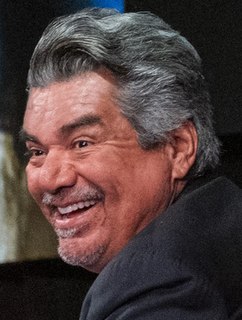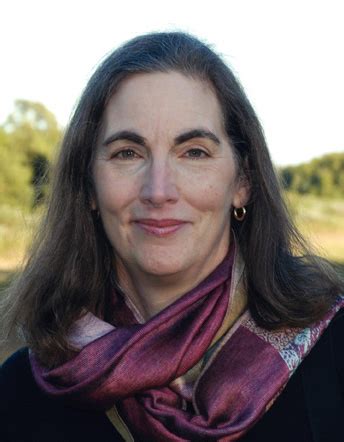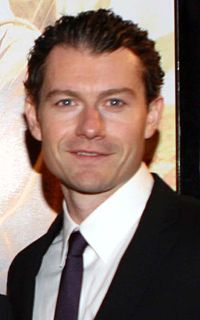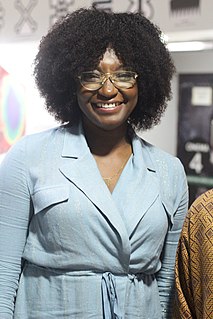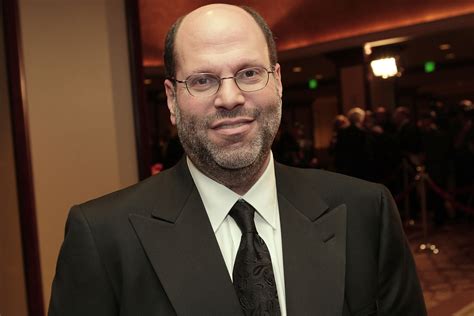A Quote by Yahya Abdul-Mateen II
My performance, I believe, is about my duty to the script, and my duty to the story that we're trying to tell, and I try to do that in a way that is true, in a way that's going to hold up the script, and that's going to be fun for the viewers to watch.
Related Quotes
I loved Rushmore. I loved the script. I mean, that is what drew me to it, just the actual piece of literature the script is. But I never thought in a million years that anyone would see it or respond to it. It was an absolute joy that it was so loved and continues to be. The same with The Sixth Sense. I thought, "No one's going to watch this. Bruce Willis hasn't got a gun. There's no shagging. Lovely story, sweet and profound about loss and death, but no one's going to watch this."
When you try to be true to the script, changes occur. A script is there to show us a certain direction. But when you actually have the actors in and you start shooting the movie, you have the actor say a line and it doesn't sound right so you change it and make it different. It's the script that gives birth to these changes and the more you try to stay true to the script, the more that happens.
It's not about the script: it's about who the director is and who the other people in the cast are. Because you can look at a great script and execute it in a very sophomoric way, and you can look at an OK script, and you can execute it in a very sophisticated way and come out with something really good.
I think you have to ask yourself, what is the point of the script? What is the script selling? Because all scripts are political, every story is political. It either challenges or reinforces some schism or stereotype. So what is the project going to say at the end of the day? What does it tell you about the world, or what does it challenge in terms of your world?
I think the beauty of documentary work is that it's a mystery - you never know where it's going to lead you. You start out with some notion of it, but it's very different from a script. A script you write, you shoot against, and you know what the story is going to be. There's always the element of surprise, but the surprise comes from performance, from something that's improvised, it comes from someone who sees it inside an already determined framework. In documentary, it's never determined. It's never the same, and affords enormous possibility.
As we were negotiating, I didn't have a script. Once the deal is closed, they let you read the script. So, I got the script and was reading it like, "Oh, please be good!," because I'd already signed on the dotted line. And I read it and just went, "Okay, I'm going to be okay. Thank god!" It was a really funny, moving story.
No one is really a method actor, everyone has their way of going about it, preparing for it, but method is preparation, it's what you do to prepare. So my method is to read the script. Some actors' method is to read the script a hundred times and in the doing of it, to immerse themselves in as much of the reality as possible. Me, I believe strictly in acting. If I am out of breath, I'm out of breath. I ain't running nowhere.
The script in many ways is limiting and novel is liberating. You get to go into the heads of your characters and their background and have fun with them; something you are discouraged from doing with a script. With the novel, I can tell you what the characters are thinking, I can tell you their view of the world, background information, things I wouldn't dare touch in the script.
You read a script, you try and think through what is the best, most wide-ranging way of telling the story: who stylistically, character-logically, psychologically fits inside the world of what you're trying to do. A lot of it, when you're casting, is trying to get yourself in the head of a director.



